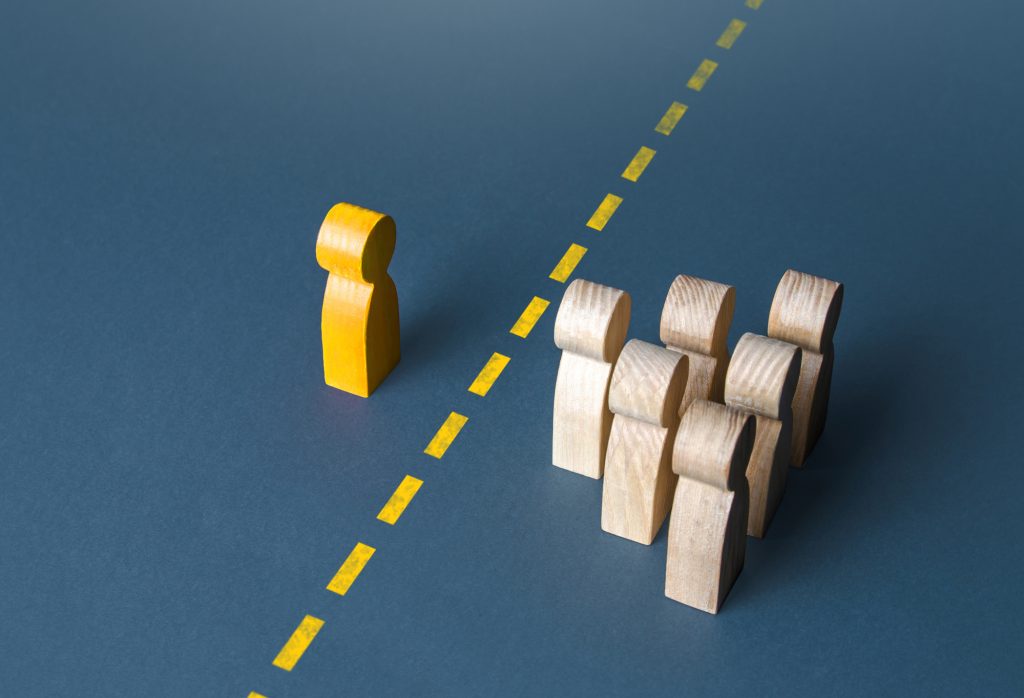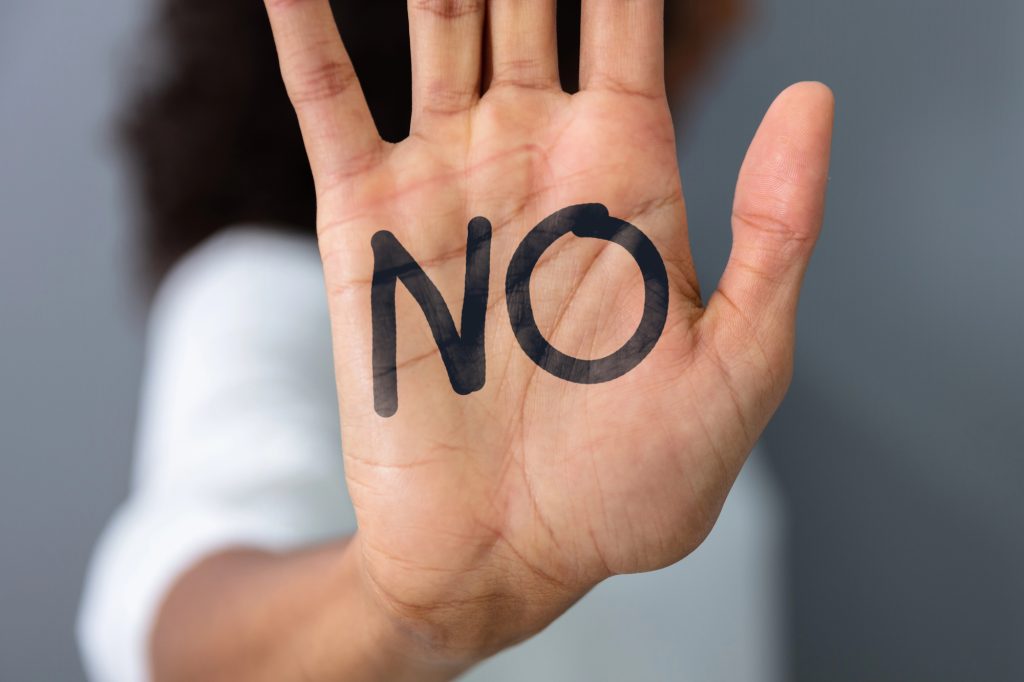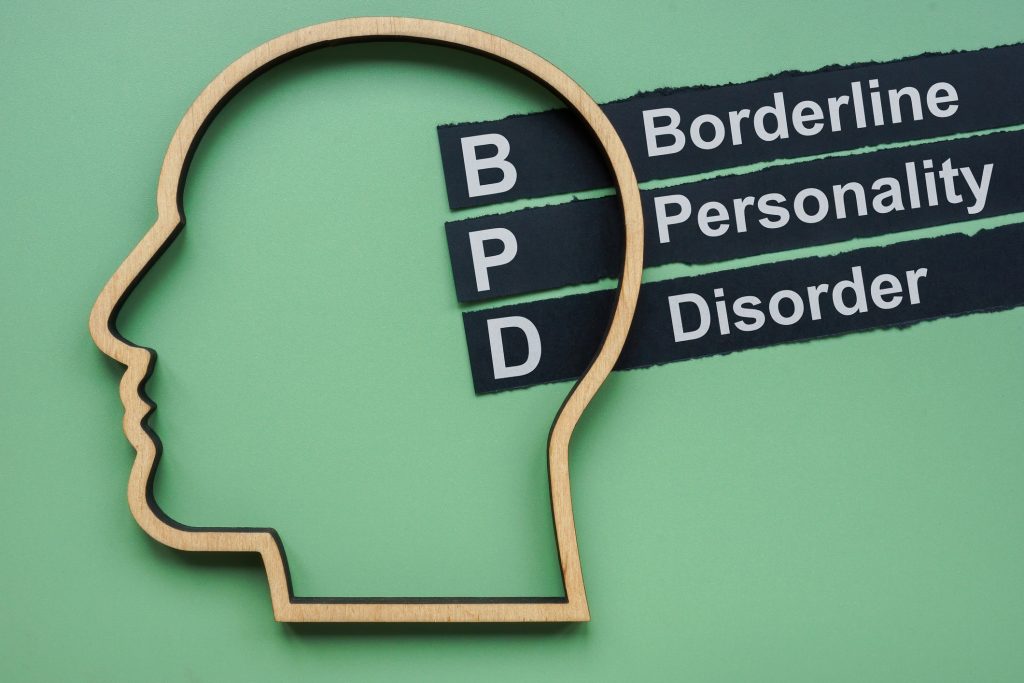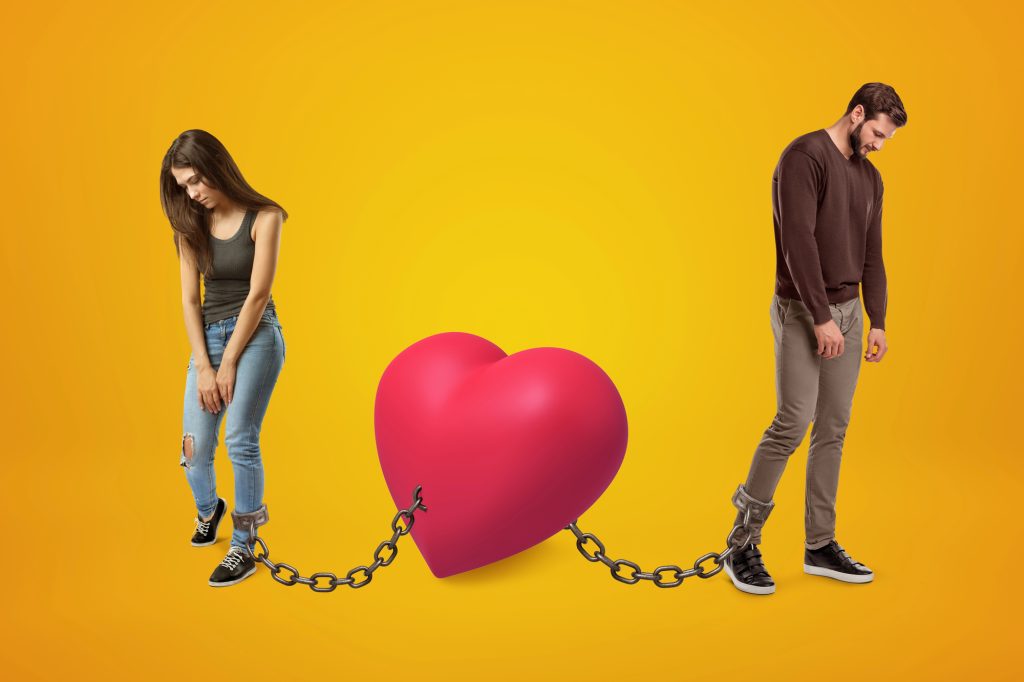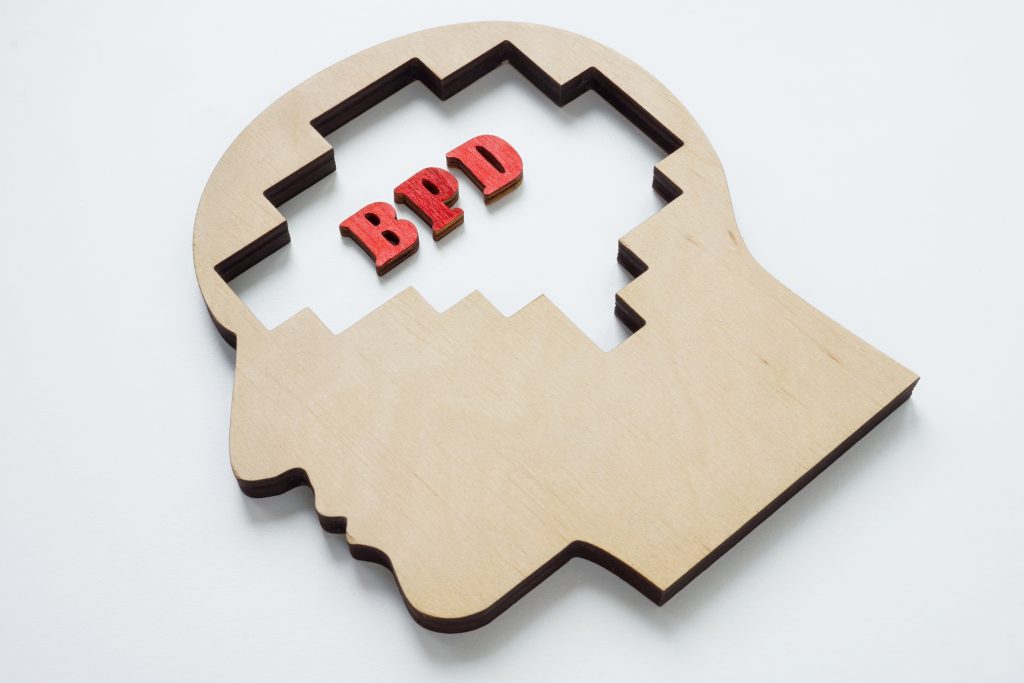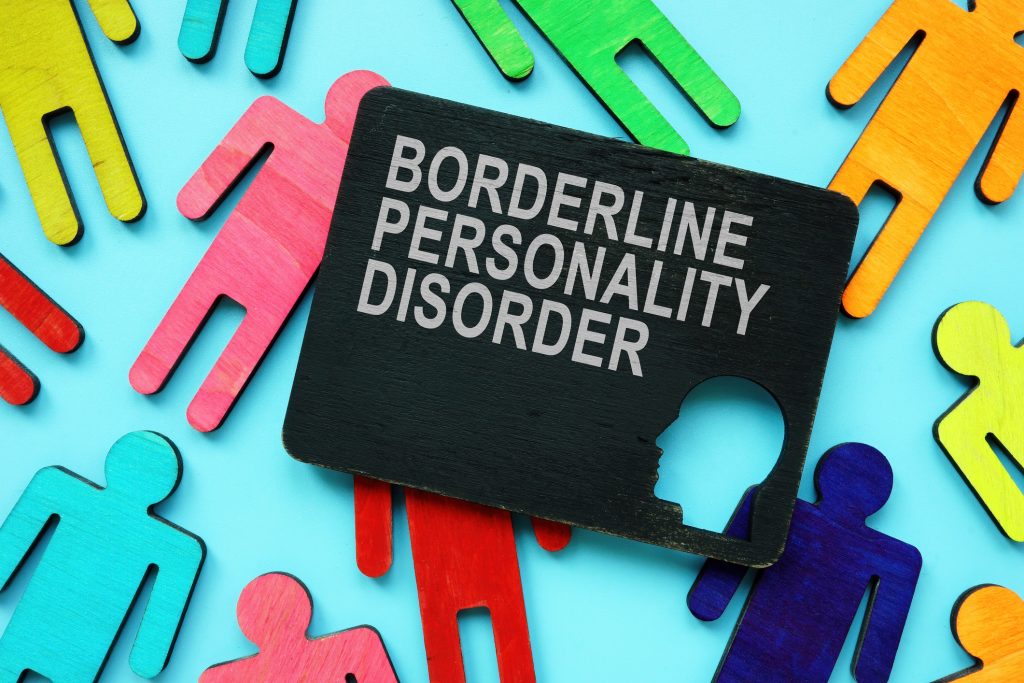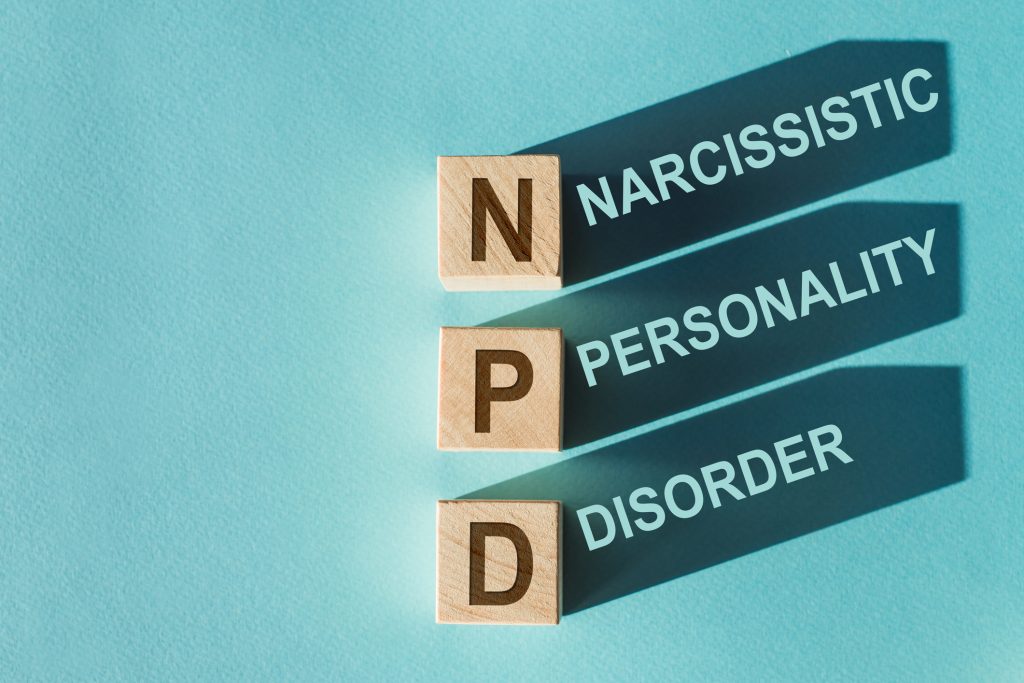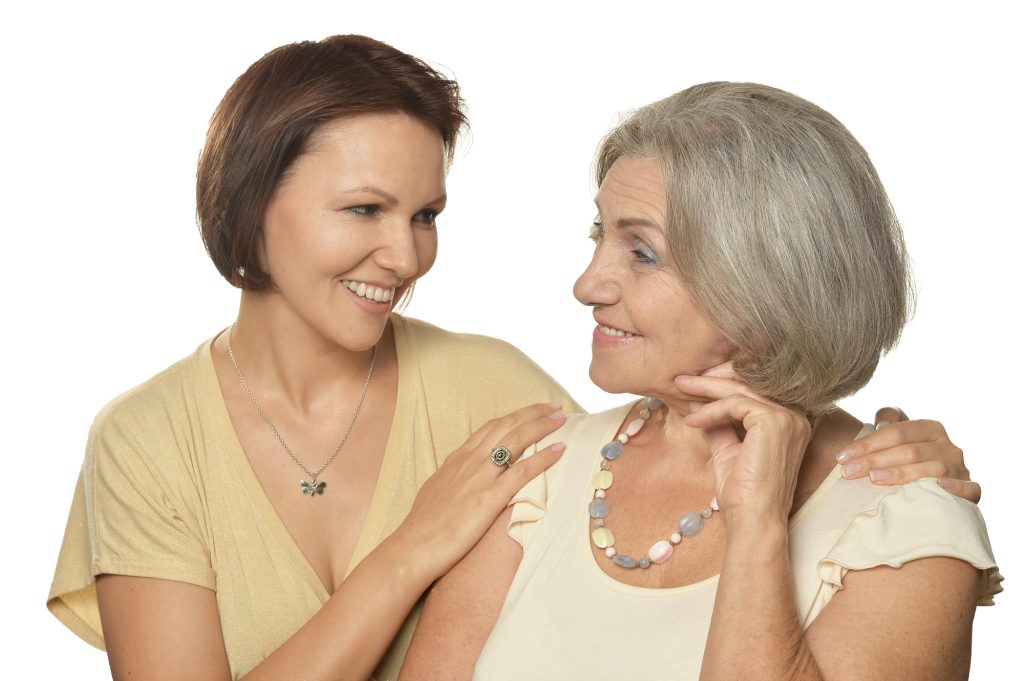
BPD and Enmeshment and Recognizing the Signs
by Tanya Paquette
BPD is a mental health condition that impacts numerous individuals around the world. According to the NIMH, over four million people in the US have this debilitating condition. Sadly, it doesn ’ t just impact the individual diagnosed but also the people they love and those who love them. Although therapy can help many people recover, it is a challenging illness to treat.
Sometimes, individuals respond well to dialectical behavior therapy (DBT) therapy ; however, many individuals live with the condition for years and years and don ’ t even know that they have it. Many of them often have unstable relationships and find themselve s struggling with feelings of worthlessness and abandonment. It is these intense feelings that lead to unstable relationships.


